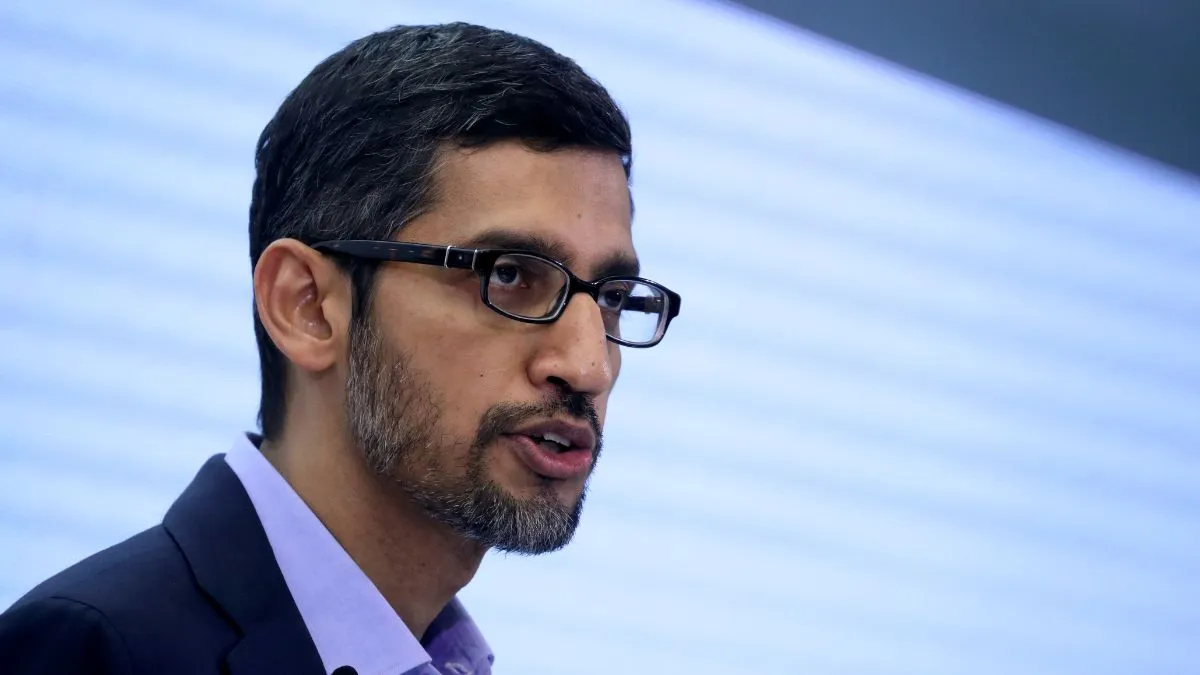- By Prateek Levi
- Thu, 23 Oct 2025 02:22 PM (IST)
- Source:JND
Google CEO Sundar Pichai has announced a breakthrough that could redefine the future of quantum computing. In a post on X, Pichai revealed that Google’s Willow quantum chip has achieved what he described as the world’s “first-ever verifiable quantum advantage.”
“Our Willow chip has achieved the first-ever verifiable quantum advantage,” he wrote, adding that it is “13,000x faster than the best classical algorithm on one of the world's fastest supercomputers.” The post quickly sparked discussion among the tech community, with Tesla CEO Elon Musk responding, “Congrats. Looks like quantum computing is becoming relevant.”
What Sundar Pichai Wrote
Announcing the breakthrough in detail, Pichai said, “New breakthrough quantum algorithm published in @Nature today: Our Willow chip has achieved the first-ever verifiable quantum advantage. Willow ran the algorithm - which we’ve named Quantum Echoes - 13,000x faster than the best classical algorithm on one of the world's fastest supercomputers. This new algorithm can explain interactions between atoms in a molecule using nuclear magnetic resonance, paving a path towards potential future uses in drug discovery and materials science. And the result is verifiable, meaning its outcome can be repeated by other quantum computers or confirmed by experiments. This breakthrough is a significant step toward the first real-world application of quantum computing, and we're excited to see where it leads.”
Why the Willow Chip Experiment Matters
This announcement marks a turning point for quantum research. For the first time, a quantum processor has performed a complex calculation not just faster but also in a verifiable, reproducible way — roughly 13,000 times faster than one of the world’s best supercomputers.
The experiment used Google’s Willow chip to execute an advanced algorithm called Quantum Echoes (or OTOC, short for out-of-order time correlator). This algorithm helps scientists explore how information spreads in quantum systems — whether in molecules, magnetic fields, or even theoretical models of black holes.
What makes this achievement particularly significant is its verifiability. The outcome can be independently repeated on other quantum computers or confirmed through physical experiments. That level of validation brings quantum computing closer to real-world applications in areas such as materials science, chemistry, and drug discovery.
In essence, Google’s Willow chip is not just faster — it’s a step toward making quantum computing practical, reliable, and scientifically testable, moving the field beyond theoretical promise into measurable progress.

